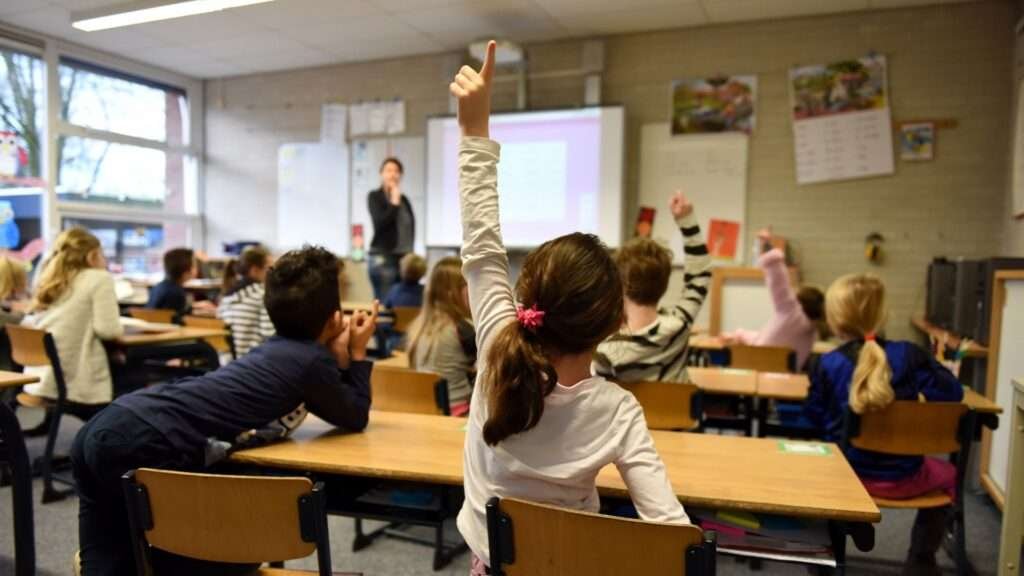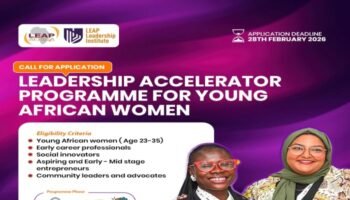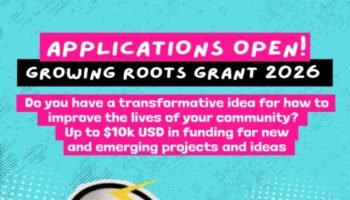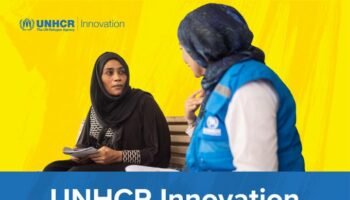Over the past four years, CRPE’s Evidence Project has tracked the pandemic’s impact on students and school systems’ recovery efforts. Earlier this year, they concluded that these collective efforts are far from complete—and face growing challenges. Academic achievement remains below pre-pandemic levels, with growth in the 2023-24 school year falling short in nearly all grade levels.
Chronic absenteeism has almost doubled from 16% to 30% of students since pre-pandemic days: that’s an estimated 6.5 million more students experiencing chronic absence. Districts, meanwhile of, are at the edge a fiscal cliff and lack the necessary resources to close the gaps. The end of federal funds to support students’ pandemic recovery (ESSER) looms on the horizon. COVID-related enrollment declines mean many school systems already receive less funding for interventions to support learning recovery.
CRPE’s Evidence Project Research Areas:
- Interventions for Learning Recovery: What challenges do districts face in implementing interventions for learning recovery, and how are they overcoming them? What new interventions are promising or effective, especially for students most impacted by the pandemic?
- Root Causes of Chronic Absenteeism: What factors are driving high rates of chronic absenteeism, and do current interventions address them adequately?
- Financial Strategies for Districts: How are districts balancing reducing expenditures with preserving student experiences and learning?
CRPE’s Evidence Project Funding Details:
- The Walton Family Foundation is offering grants of up to $500,000 for 18-month projects in these research areas.
Eligibility Criteria for CRPE’s Evidence Project
- Proposals must be for academic research projects that aim to study education. Proposals for activities other than research are not eligible (e.g., program evaluations, professional development, curriculum development, scholarships, capital projects, etc.). Additionally, proposals for research studies focused on areas other than education are not eligible.
- Principal Investigators (PIs) and Co-PIs applying may include individuals with an earned doctorate in an academic discipline or professional field or appropriate experience in an education research-related profession.
- The PI must be affiliated with an administering organization. Grants may not be awarded directly to individuals. Examples of eligible organizations include non-profit or public colleges, universities, school districts, research facilities, and other non-profit organizations with a 501(c)(3) determination from the IRS. Proposals will only be accepted from the U.S. All proposals must be submitted in English, and budgets must be proposed in U.S. Dollars.
Selection Criteria
Through this RFP, we are open to the full range of research methods and disciplinary perspectives. However, we are most interested in supporting:
- Projects that delve into the root causes of issues or examine issues from multiple angles. As such, we prefer projects that examine multiple interrelated research questions.
- Projects that not only provide statistics to describe the impacts of the pandemic but also evidence that “humanizes” what has happened—positive and negative—for students (especially students affected most by the pandemic). As such, we prefer projects that include quantitative and qualitative methods (or other methods where appropriate) that bring real-life examples of the impacts and insights into the hows and whys of these impacts.
- Projects that prioritize products with actionable findings and those that directly inform policymakers and the general public through, for example, commentaries and short research briefs. We are interested in both 12- and 18-month projects.
- Projects that identify promising or proven practices for improving student learning experiences coming out of the pandemic. In particular, we are interested in studies that test several hypotheses about the most cost-effective and high-yield strategies to address challenging problems school districts face: chronic absenteeism, learning loss, and finances.
- Projects that focus on students disproportionately impacted by the pandemic or from historically marginalized groups.
CRPE’s Evidence Project Application Process and Requirements
- You may not submit a full proposal without first submitting a Letter of Interest (LOI). Two-page LOIs are due on August 30, 2024, at 6 p.m. Pacific Time.
- LOIs will be reviewed internally by CRPE staff and contractors, and full proposals will be invited no later than September 9, 2024. Your two-page LOI (single-spaced, 12-point Times New Roman) should include the following:
- Organization
- Name and affiliation of all PIs and co-PIs
- Project title
- Proposed grant period
- A brief narrative containing:
- Motivation/need for the proposed research
- Research questions
- Description of data and methods
- Any relevant plans to achieve maximum impact (e.g., dissemination, partnership)
- Material beyond two pages will not be considered.
- Please submit your LOI as a PDF file
Click Here to submit Letter of Interest
Click Here For more details.
Application deadline for submission of LOI: August 30, 2024, at 6 p.m. Pacific Time.
Elevate Your Business With Our Expert Services!







